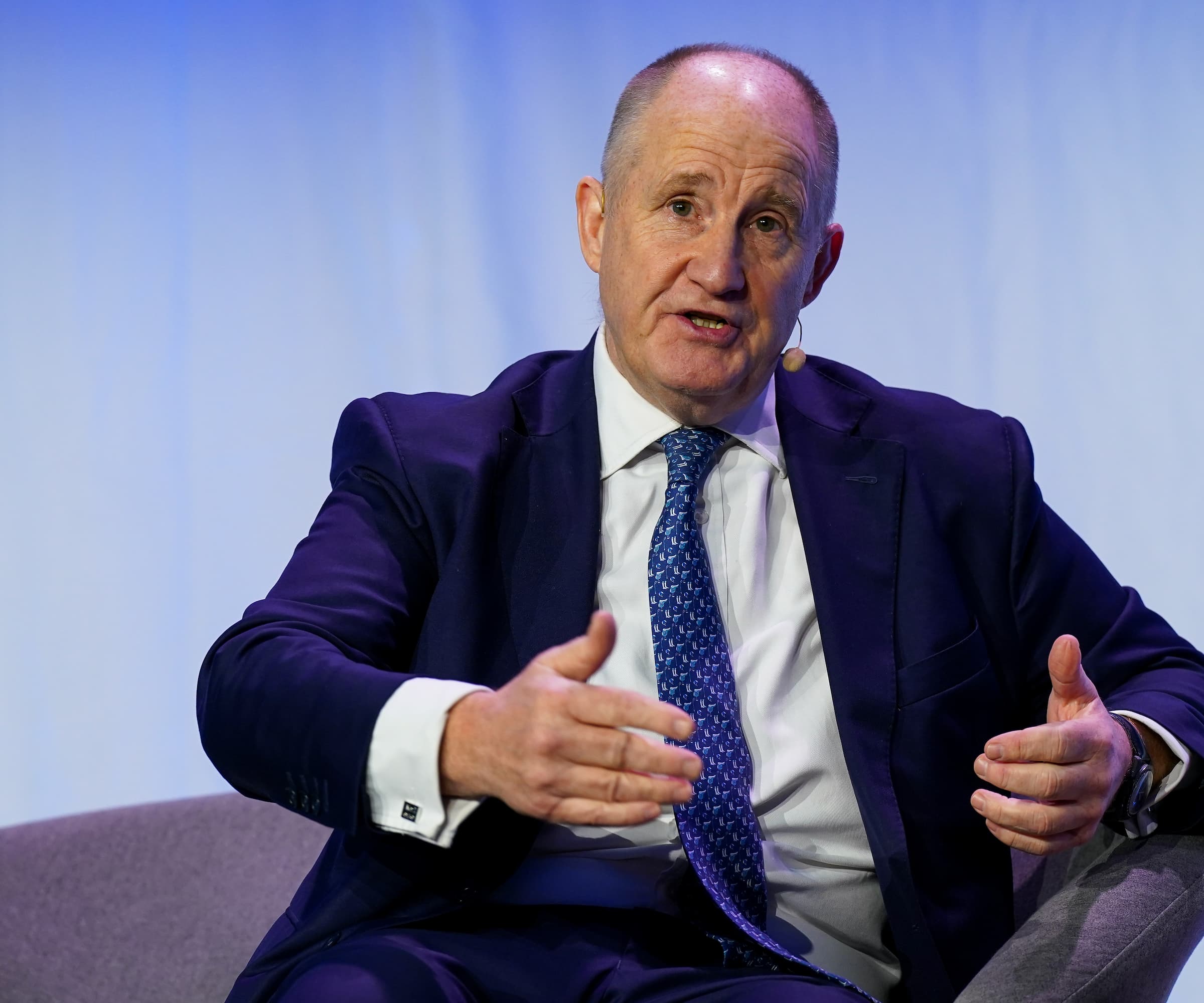The concept of a “tub time tax” may sound like one thing out of a dystopian novel, however it’s turn into a scorching matter within the UK’s ongoing water debate.
Whereas it is not a direct tax in your bubbles, this controversial concept factors to new plans geared toward encouraging us to save water and pay otherwise.
We dive into the truth of rising water payments and uncover if an even bigger splash actually means an even bigger invoice.
‘Progressive’ water tariffs and good meters
On the coronary heart of the talk are proposals from water firms to implement “progressive” pricing fashions.
Which means that the extra water a family makes use of, the upper the speed per litre they might pay. This shift is being advocated as a approach to encourage water conservation, particularly within the face of rising considerations over water shortage, exacerbated by current dry springs and droughts.
Water Minister Emma Hardy has publicly said assist for “modern approaches being taken to trial new expenses aiming to make payments fairer and extra inexpensive.”
To allow such a system, a widespread rollout of good water meters can be crucial. These meters would enable for real-time monitoring of water consumption, offering the info wanted to use tiered tariffs.
Convey your dream dwelling to life with professional recommendation, find out how to guides and design inspiration. Join our e-newsletter and get two free tickets to a Homebuilding & Renovating Present close to you.
Presently, solely about 12% of English properties have good water meters, in comparison with 60% with normal meters.
Who could possibly be affected and why?

The Conservative social gathering, significantly Shadow Secretary Levelling Up Secretary Kevin Hollirake, criticised these proposals, branding them a “tax on tub time” and “class conflict in motion.”
They argue that sure households and households can be disproportionately affected, corresponding to:
- Households with youngsters: Every day actions like bathing young children, washing garments and basic family cleansing naturally result in increased water consumption.
- Properties with gardens or swimming swimming pools: Watering gardens, filling paddling swimming pools, or sustaining swimming swimming pools would incur increased prices below a progressive tariff.
- Bigger households: Extra occupants typically imply extra water utilization, resulting in increased payments.
The Conservative Occasion declare it is a “conflict on household properties” and accused Labour of backing a “socialist-inspired” coverage that might penalise dad and mom for routine actions.
Nevertheless, a Labour spokesperson referred to as these claims “absolute garbage”.
The water firms’ perspective
Water firms, largely by their consultant physique Water UK, then again, argue that progressive tariffs would:
- Encourage water effectivity: By making increased utilization dearer, it could incentivise households to scale back their consumption, contributing to nationwide water conservation efforts.
- Doubtlessly decrease payments for many: Corporations like Thames Water declare it may cut back water payments by 9% for three-quarters of shoppers.
- Fund important infrastructure: The broader context of rising water payments within the UK is a large £96 billion funding plan over the following 5 years to improve infrastructure, cut back air pollution, and safe long-term ingesting water provides.
Present water invoice will increase
No matter whether or not progressive tariffs are broadly adopted, water payments are already set to extend considerably.
The nationwide common water invoice is forecast to rise to £603 a yr from April 1st, 2025, a rise of over £10 a month for a typical family. This rise is primarily pushed by the aforementioned infrastructure funding and efforts to handle points like sewage spills.
Ofwat, the unbiased regulator, has accepted substantial funding and is working to make sure that payments are honest whereas holding firms accountable for delivering enhancements.
They’ve additionally said that they are going to use their powers to stop clients’ cash from getting used for undeserved govt bonuses.
Labour ministers have indicated openness to trialling these modern tariff programs, with Ofwat overseeing any trials to make sure honest expenses.
Whereas a direct “tub time tax” in title may not materialise, the proposed shifts in water charging mechanisms, coupled with the continuing rise in total water payments, imply that how and the way a lot we pay for water within the UK is definitely set to alter, with potential impacts on each family’s funds.


